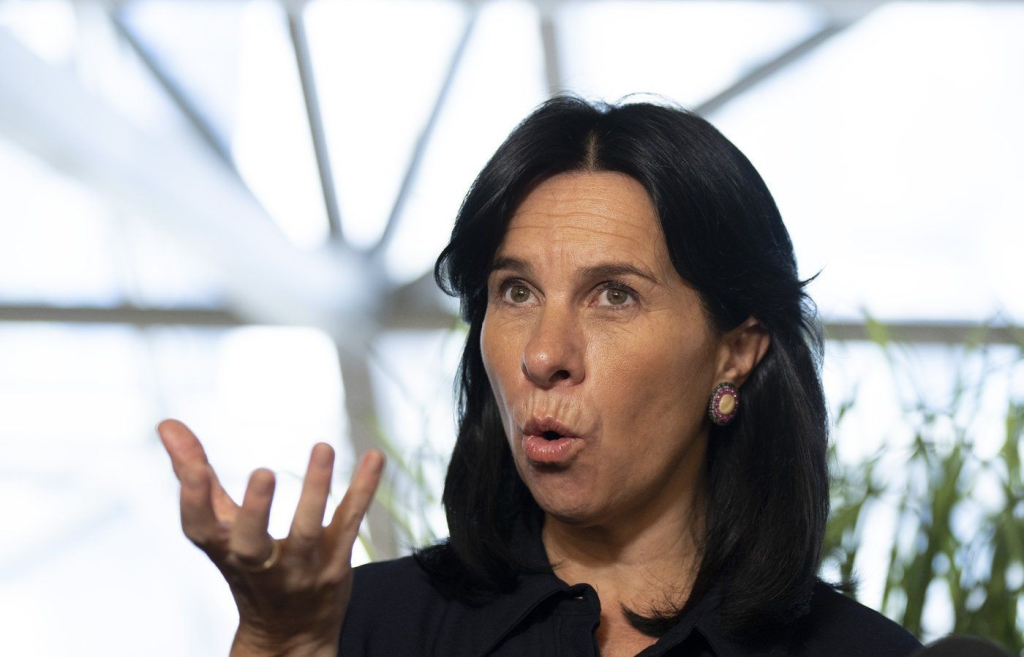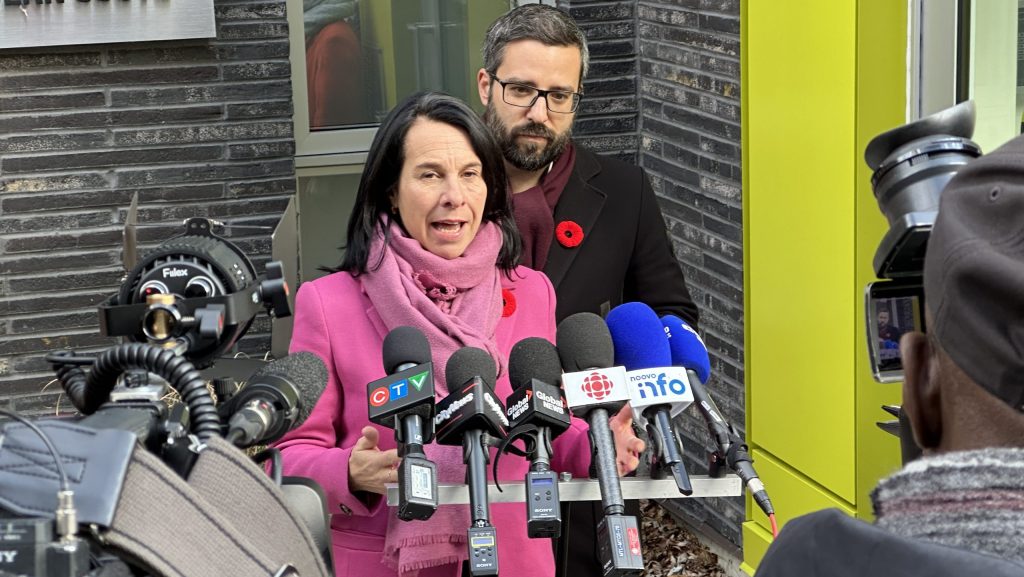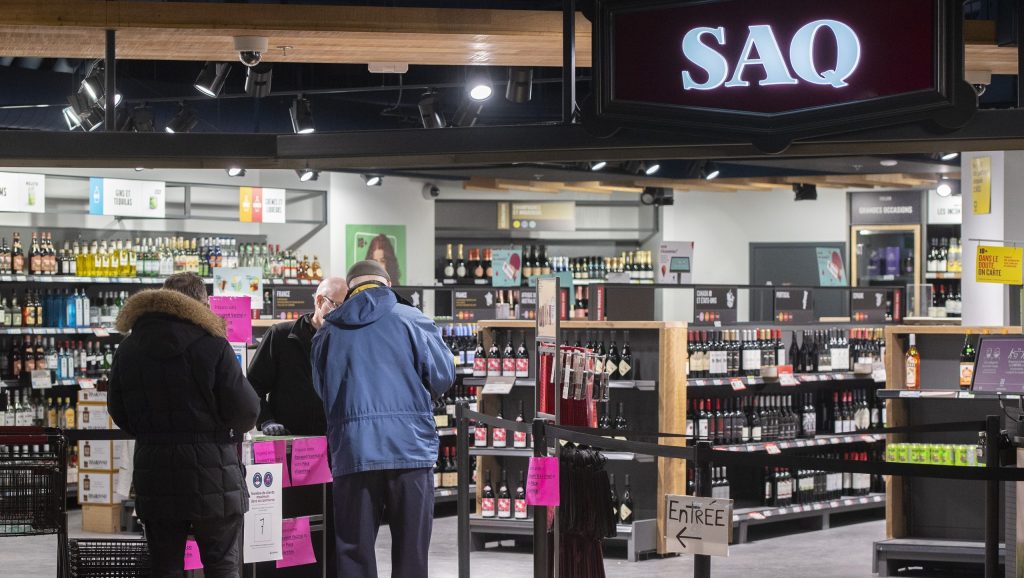Social media comments blocked: Montreal mayor says she won’t accept vulgar slurs

Posted September 11, 2024 2:47 pm.
Montreal Mayor Valérie Plante is defending her decision to turn off comments on her social media accounts — with an announcement on social media.
She posted screenshots to X this morning of vulgar names she’s been called on the platform, and says comments on her posts for months have been dominated by insults, to the point that she decided to block them.
Depuis des mois, les commentaires sur X sont dominés par les insultes, au point où j’ai décidé de fermer cette section.
— Valérie Plante (@Val_Plante) September 11, 2024
Certains peuvent croire qu’il existe un droit fondamental à traiter une personne de « conne » ou de « bitch » et à normaliser la violence en ligne. Ce n’est… pic.twitter.com/vJBHgxV0sd
READ MORE: Montreal mayor faces criticism for blocking comments on social media accounts
Montreal’s Opposition leader and the Canadian Civil Liberties Association have criticized Plante for limiting freedom of expression by restricting comments on her X and Instagram accounts.
“This is not the way of democracy,” he said in an interview Tuesday. “This is really unethical, even, to not let the population of Montreal interact with the mayor.”
Salem says social media is one of the only ways for citizens to interact with Plante. Residents can voice their concerns in person during a question period at city council meetings, but they have only 90 seconds to ask their question. “Having a social media feed is to connect with the population and ask the population about their opinion,” he said. “It has to be an interaction.”
However, Plante says some people may believe there is a fundamental right to call someone offensive names and to normalize violence online, but she disagrees.
Salem said elected officials have an obligation to engage with their constituents. He said Plante could deal with online harassment by blocking individual accounts or reporting them to the police. “When we decide to be public figures, that goes with the position,” he said. “When we want to be representative of the population, we have to be representative of the whole population.”
Anaïs Bussières McNicoll, director of the fundamental freedoms program at the Canadian Civil Liberties Association, said a “blanket prohibition on comment” is an unreasonable limitation of people’s freedom of expression. Instead, she said, elected officials should evaluate inappropriate comments on a case-by-case basis.
“I would say that elected officials with significant resources shouldn’t have their cake and eat it too,” she said. “In that if they choose to have access to and to use social media platforms in the context of their public work, they should also accept that their constituents might want to comment on their work on that very public platform.”
In June, the Quebec government passed a law that includes fines of up to $1,500 for anyone who intimidates or harasses a politician, despite criticism that the legislation could threaten free speech.
Plante’s statement on X is closed to comments.
This report by The Canadian Press was first published Sept. 11, 2024.








